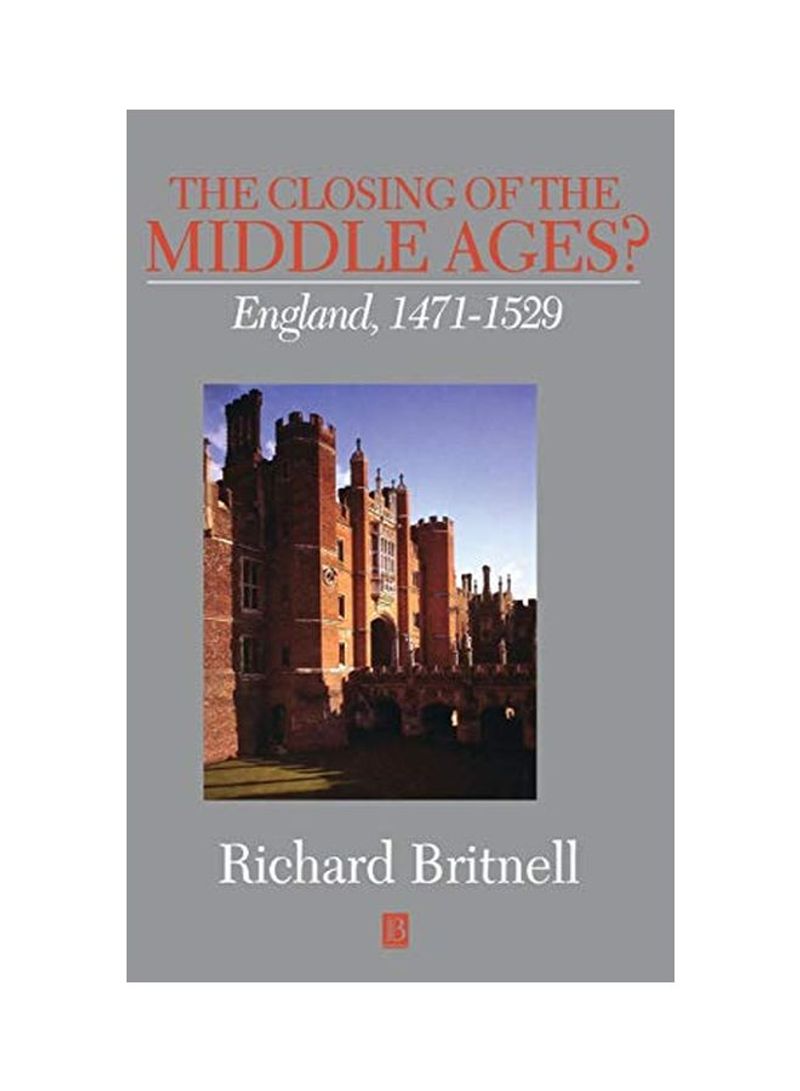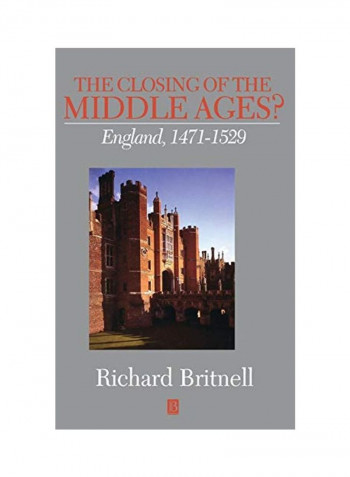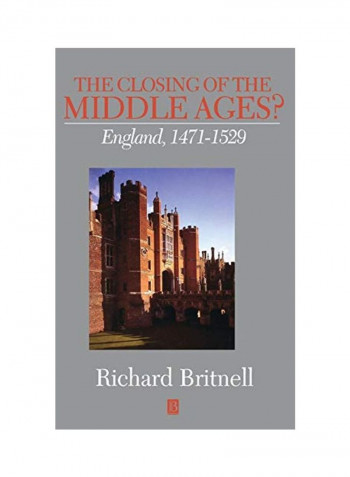The Closing Of The Middle Ages?: England 1471 - 1529 Hardcover
Recommend
Sort by
Rating
Date
Specifications
Author 1
Richard Britnell
Book Description
This is an up-to-date history of the years 1471-1529. It examines the period in its own right, treating it neither as an epilogue to the Middle Ages nor as a prelude to modern times. The book begins with a narrative of political events and the main developments in foreign affairs. The author stresses the extent to which dynastic and royal issues influenced both internal and external policy.The book then develops an analysis of the structure of political activity. Through chapters on the court, country and parliament, the author examines the ways in which royal power was reconstructed following the disasters of the mid-fifteenth century. He explains the need for kings to work in co-operation with men of independent means in the shires, and assesses the extent to which royal authority was vulnerable to adverse opinion.The final part of the book examines the economy and society of the period. It discusses, for instance, contemporary commonplaces about social rank, family, community and commonwealth. It also contains a new analysis of the changing role of London. The author ends with a reassessment of general economic development, again highlighting the problems of explaining the period simply in the context of transition from one distinct age to another.
ISBN-13
9780631165989
Language
English
Publisher
John Wiley and Sons Ltd
Publication Date
16 Sep 1997
Number of Pages
300
About the Author
Richard Britnell is Reader in History at the University of Durham, where he has taught since 1966. He has published widely, mostly on medieval economic and social history. His previous books include The Growth and Decline of Colchester, 1300-1525 (1986) and The Commercialisation of English Society, 1000-1500 (second edition, 1996).
Editorial Review
Overall, The Closing of the Middle Ages? provides a wide-ranging introduction to an under-studied period, which students will find well organized and approachable, while scholars will value the stimulus it provides for further investigation and debate." English Historical Review



